Come to learn math. Stay for something much bigger.
Learning for the Long-View is a powerful platform that can equip you to teach, learn, and think about math in new ways.
The discipline of mathematics has extraordinary potential for developing children’s capacity for learning because it is complex and challenging. Through the Long-View approach, learners grow as creators, communicators, collaborators, and critical thinkers as they construct understanding of concepts and lines of reasoning in a cognitively generative way.
What’s included in your membership
A Rich Video Library
Our casual videos invite you to think differently about math. Start by perusing our twelve videos that construct a Generative Framework, and then shift into other categories of videos that help you expand and strengthen your mathematical reasoning or consider how you might impact the learning of someone else.
Guides, Graphics, and Scripts
Browse through reading materials, tips, and visuals that will support you as you really dig in. Read more about the powerful way we use language, download an anchor chart that might help in your classroom, or watch a classroom episode while analyzing the script so that you can better identify the moves that solicit deep thinking.
Weekly Lesson Plans
On our Follow a Band page, we’ll keep you updated on one of our bands, providing our Math Block plans each week, talking through challenges and triumphs, and posting videos that support you in enacting the plans in your own classroom. In addition, chat with our teachers at the end of the week to ask questions and collaborate.
As a member, you'll have access to a dynamic library of videos, guides, graphics, and scripts, as well as weekly chats and live events with the Long-View Team. And one more thing…you’ll also have our Math Block lesson plans through Follow a Band!
Choose a plan
Goodbye textbooks and workbooks,
Hello Learning for the Long-View
Finally, a different way to learn, teach, and grow.
Common Questions
-
The power of our Generative Framework is that it is applicable to all number forms and removes the need for instruction focused merely on discrete procedures, a mainstay of American schools. The Generative Framework means children are not restricted to only learning “grade-level-based school mathematics;” they experience math as a connected discipline and reasoning is unleashed.
Long-View’s Generative Framework for Mathematics is rooted in unitization, growing an understanding of number by conceptualizing multiplication, addition, subtraction, and division, allowing for ways of reasoning that: 1) Create connections, 2) Transfer across number forms to algebraic reasoning, and 3) Establish a foundation for engaging in the discipline of mathematics.
-
After years of teaching in both public and private schools as well as engaging in a deep study of research on math education in particular and learning theories in general, we established four assumptions about learning that serve as the philosophical foundation for Long-View Micro School.
In considering the teaching and learning of mathematics, not only were we unable to find a curriculum that honored our assumptions we also recognized that to be true to our assumptions it only made sense to call on our educators to act as creators in designing and implementing opportunities for learners to engage in the discipline of mathematics. To be clear, we aren’t thinking of mathematics as a subject of study but rather as a discipline of reasoning with a body of connected concepts. Then, the learning of mathematics arises from experiences engaging in the discipline of mathematics, which of course can be complex and challenging. We realized the discipline in mathematics has extraordinary potential for developing learners’ capacity for learning because it is complex and challenging. As they engage in the discipline of mathematics, we see our learners growing tremendously as creators, communicators, collaborators, and critical thinkers as they construct understanding of the concepts and methods of reasoning of mathematics.
-
We are math teachers, school leaders, and consultants. We’ve taught in public and private, started our own innovative micro school, and worked with educators and leaders across the world in workshops and coaching sessions. Along the way we tackled changing the experience students have in elementary and middle school math. We thought deeply about the shifts in content and practice that are needed in order to create a learning experience that is authentic to the discipline of mathematics — one based on deep understanding of concepts where reasoning, proof, and justification are a daily part of the class experience — and conceived of our Generative Framework that allows learners to take a critical approach to their work, increasing the ability to think flexibly and offer mathematically sound justifications of their thinking.
In working in a range of school settings, we’ve learned more about the inherent link between classroom culture and school culture, and we confronted the fact that to bring our vision to life we would have to start a new school. Long-View Micro School was born from this push against the status quo, with a desire to thoughtfully tie the assumptions our team has about children to the learning environment in all classes, but especially mathematics.
-
At the core of Long-View’s work is a set of assumptions that have transformed the experience of teaching and learning for kids, parents, and educators. Assumption number one is that we believe children have significant capacity to understand many of the complexities of the world in which they live. Our other assumptions get to the heart of how we teach. Most schools view learning as acquisition and have strong behaviorist underpinnings. Long-View is revolting against this outdated formula of schooling; we design so as to reverse what Richard Elmore termed “the progressive dissociation between learning and schooling.”
Assumption #1: Children have significant capacity for understanding
Here are ways we work to live out this assumption:
*We take student thinking seriously.
*We hold an optimistic view of a child's ability to learn and the potential for change.
*We give responsibility for learning to the learner and we directly teach into this end. Responsibility for learning entails taking more control over your own mental activity and believing that ultimately you are responsible for your own learning and that you can affect the level of your learning.
*We do not focus on grade levels or ages when grouping children or planning content.
*We help our learners make use of their capacity by learning how to engage in effortful learning and how to learn with intentionality.
Assumption #2: Deep understanding derives from being a producer
Here are ways we work to live out this assumption:
*Learning is an active process and we want children spending their time creating, wondering, making, and conjecturing.
*The “products” of learning that we most value are intellectual products that are generated by the learners, including collective knowledge.
*“How and why” are important, and teachers engage learners in discourse that helps them reason.
Assumption #3: Learning is more powerful as a community endeavor
Here are ways we work to live out this assumption:
*We structure classrooms as learning communities in which the construction of knowledge is supported as a common goal.
*All students are accountable for participating in an intellectual climate characterized by argumentation that forwards deeper learning for all.
*We create classrooms where expertise is distributed. Everyone contributes his particular expertise in the discipline, as well as around learning and teaching. We are sharing the resources of everyone in the room.
*Discourse is a key. The discourse genre focuses on argument, questions, reflections, queries, interpretation, and criticism and it is the mode, rather than the exception.
*We make much of the learning and thinking public. Work is often analyzed by peers in order to both advance the knowledge of the entire community as well as enhance the individual’s learning.
Assumption #4: A child’s learning should be directed toward the “long view”
Here are ways we work to live out this assumption:
*The content and the experience of the content lead children to discover the deep principles of the domain and to develop inquiry strategies of wide applicability.
*Learning experiences target the enhancement of cognitive processes and learning mindsets.
*Critical thinking should be embedded in the basic concepts underlying the discipline.
-
We do not think about what we do as a “math curriculum” or “new way of teaching math.” This is an effort to help you create knowledge structures within mathematics that provoke understanding — understanding that leads to the generative use of knowledge, which means it is flexible, appropriate, and creative.
As best we can, we are working to support you to do this work yourself, so that you can then help others do it. If you construct a Generative Framework and then work to expand and strengthen your reasoning, you will be more equipped to impact others.
As you begin to understand how you can impact the learning of others, it is important to recognize that learning is best done with others. Thus, understanding how the “content” of mathematics can be different is only one part of this; ultimately, Learning for the Long-View involves constructing knowledge within a learning community.
That being said, this brings us back to your original question: Is this a math curriculum? No, this is about you taking back your own teaching and learning so that you are better equipped to make the complex decisions that are inherent in teaching, but are often radically over-simplified in textbooks and curricula.
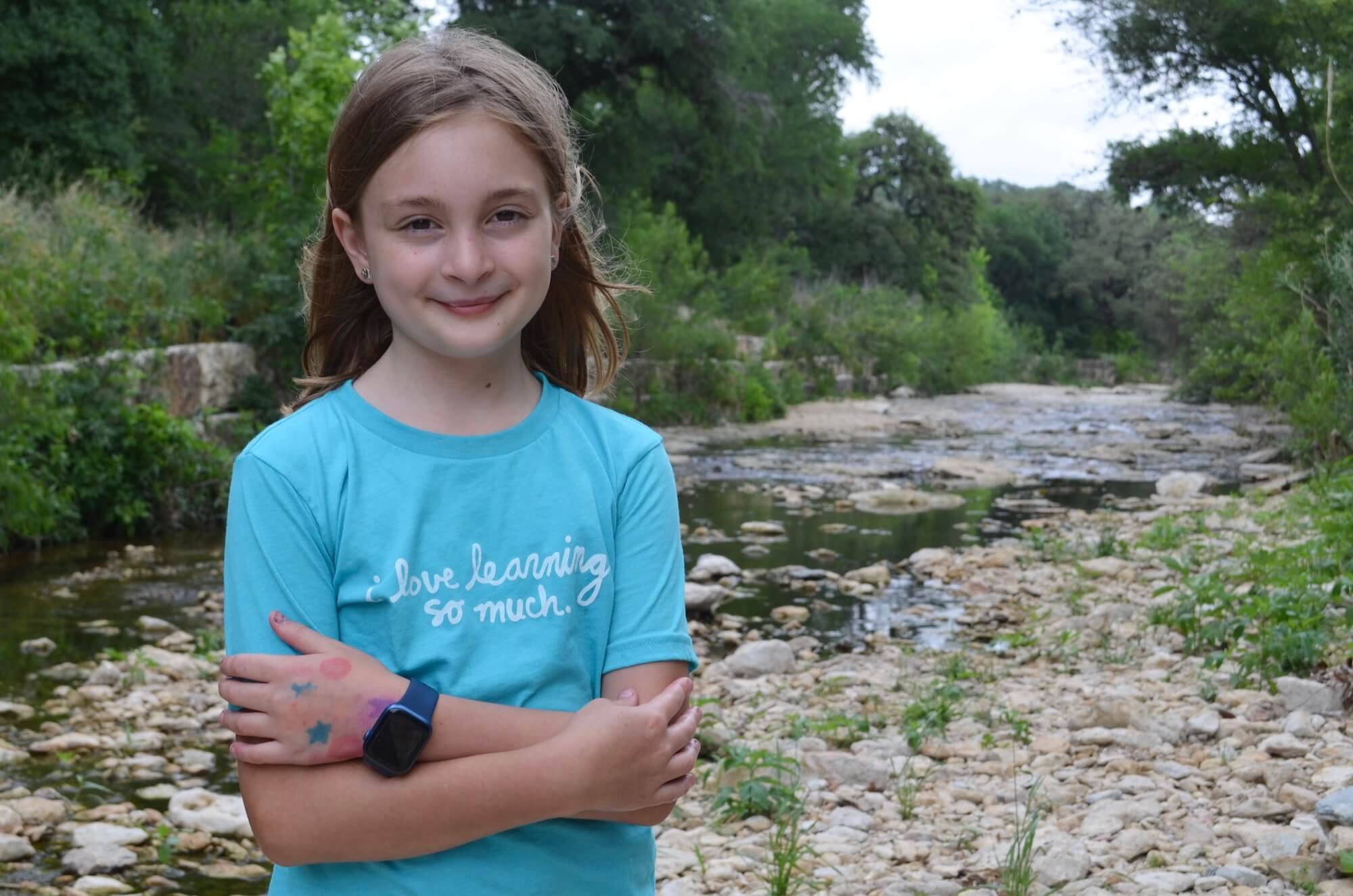

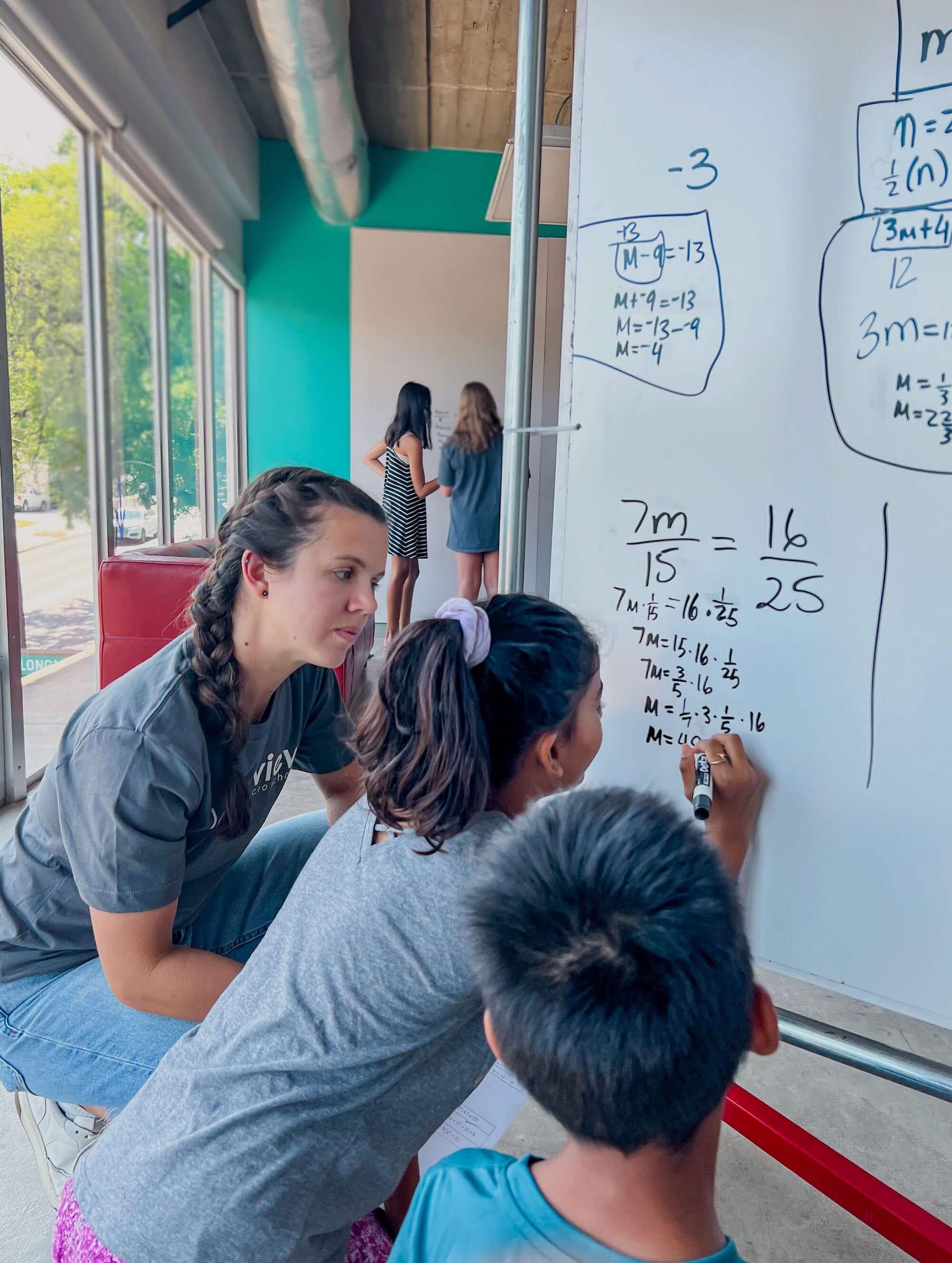


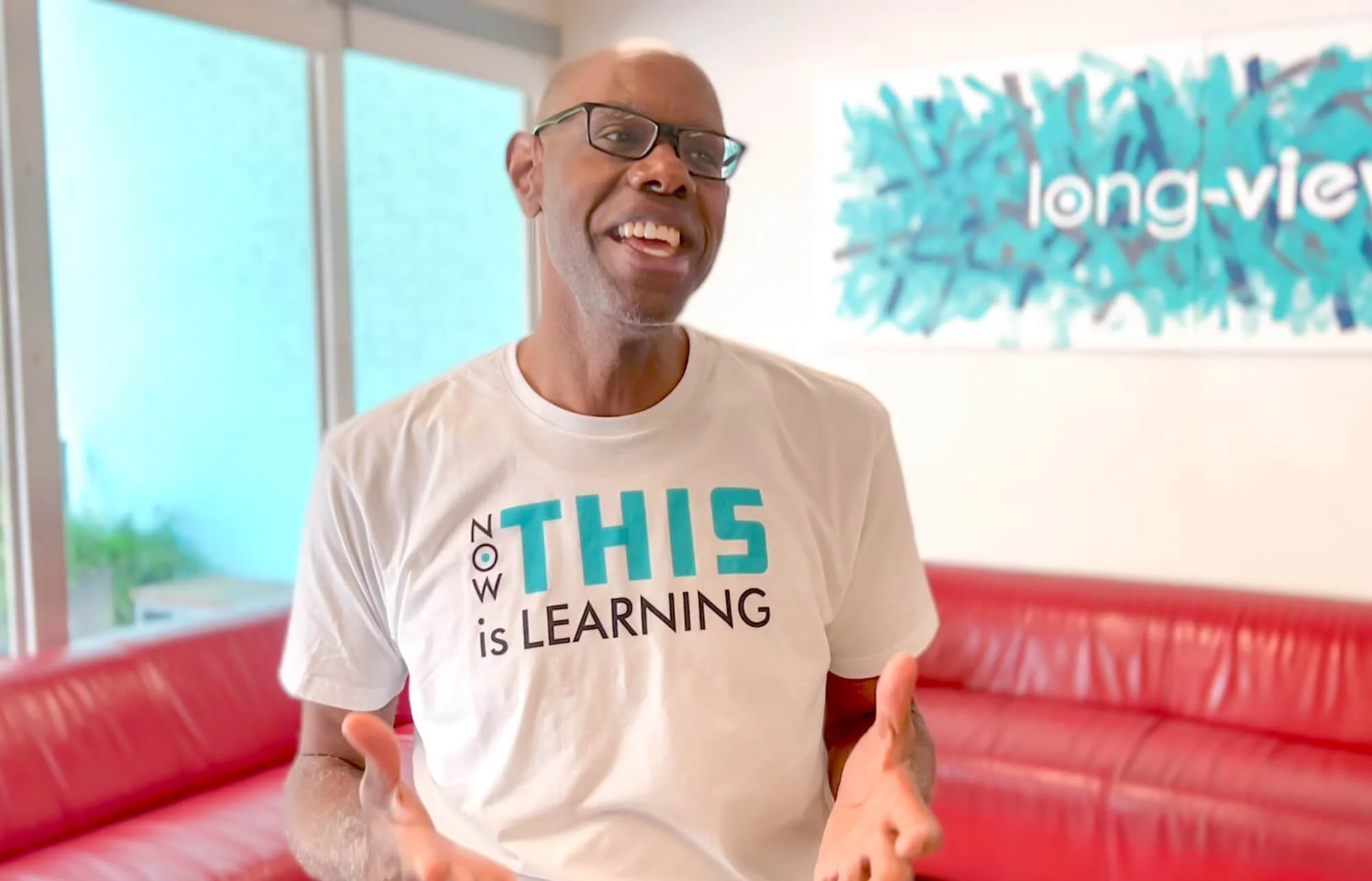
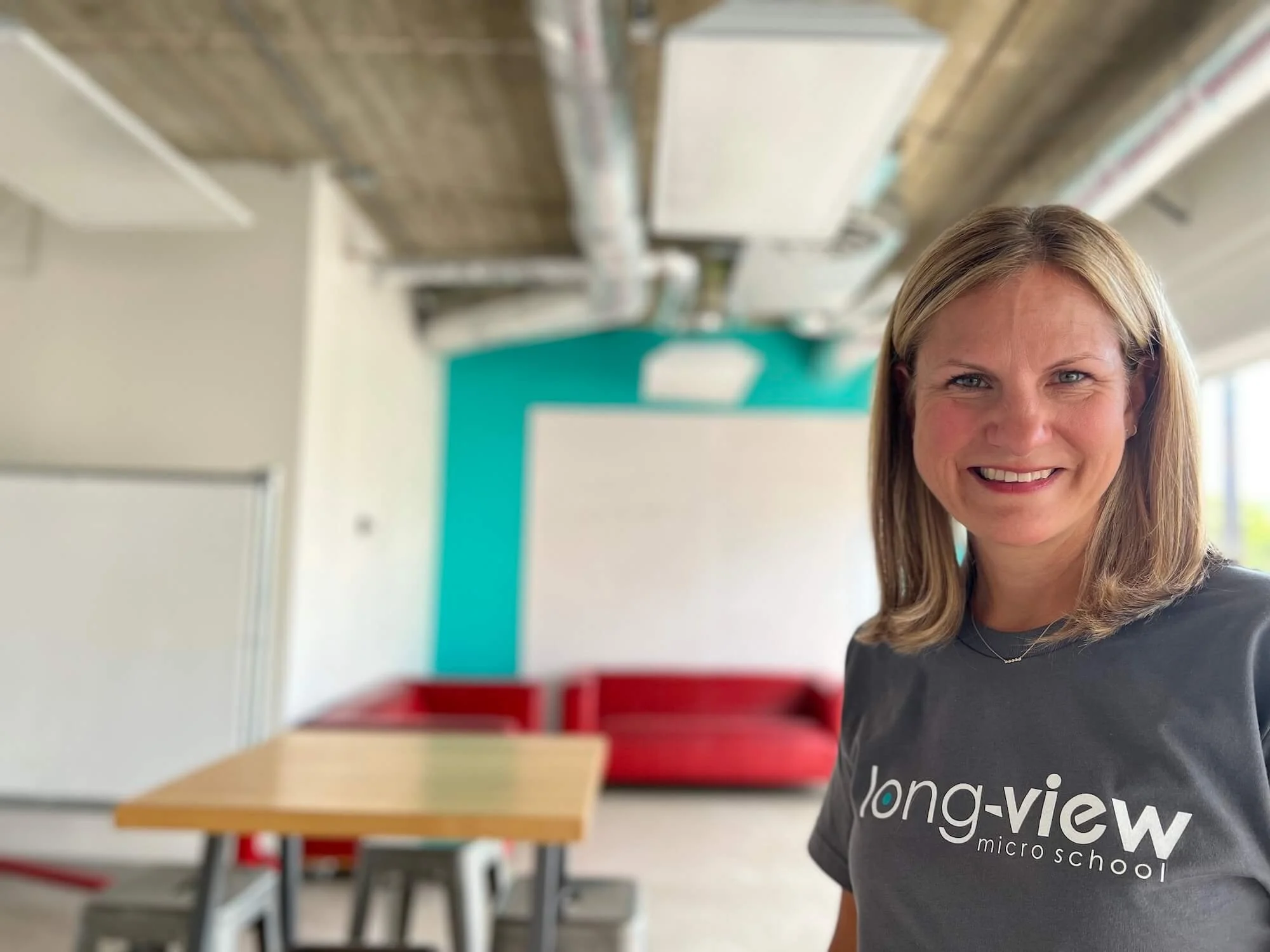
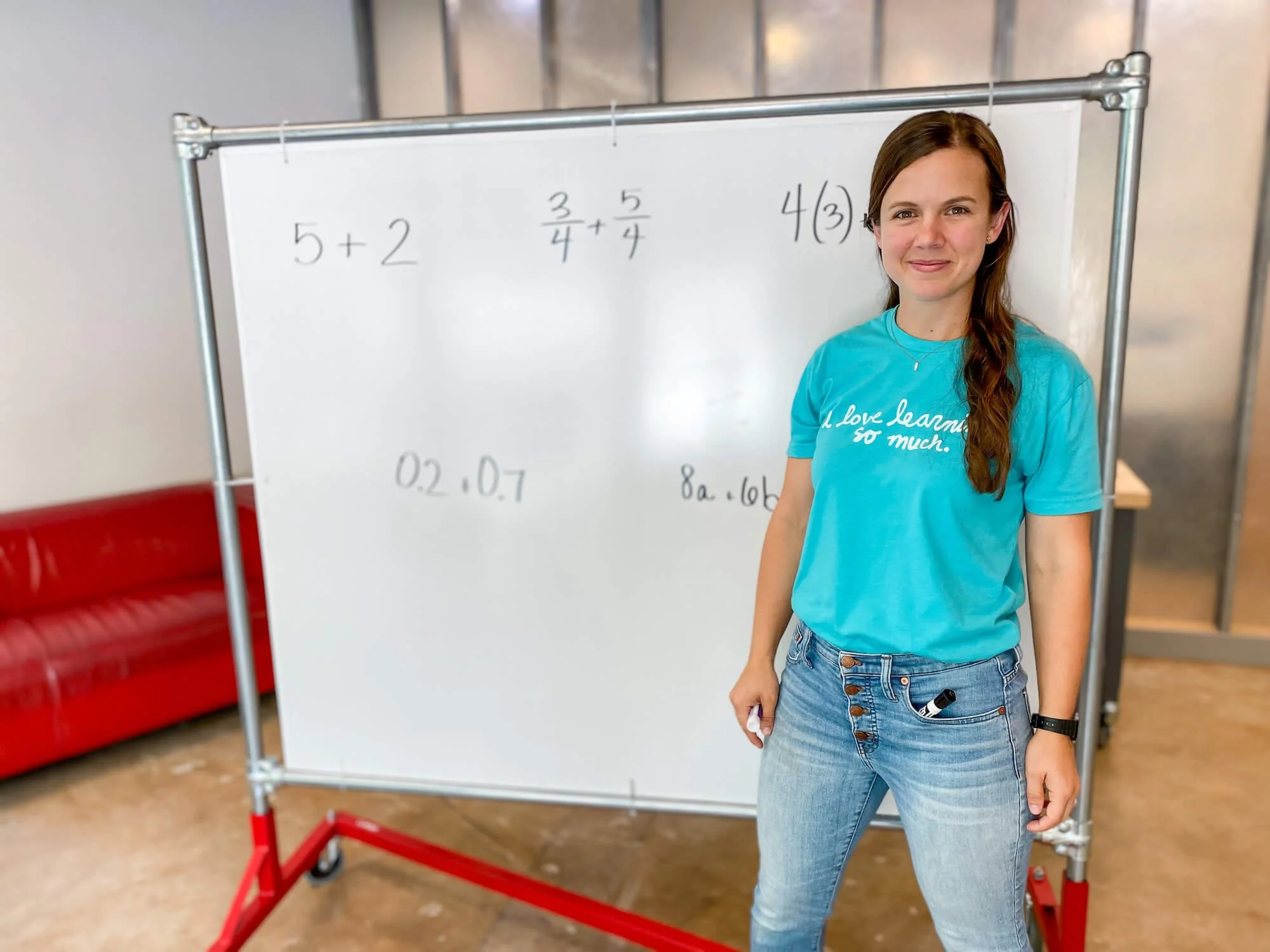
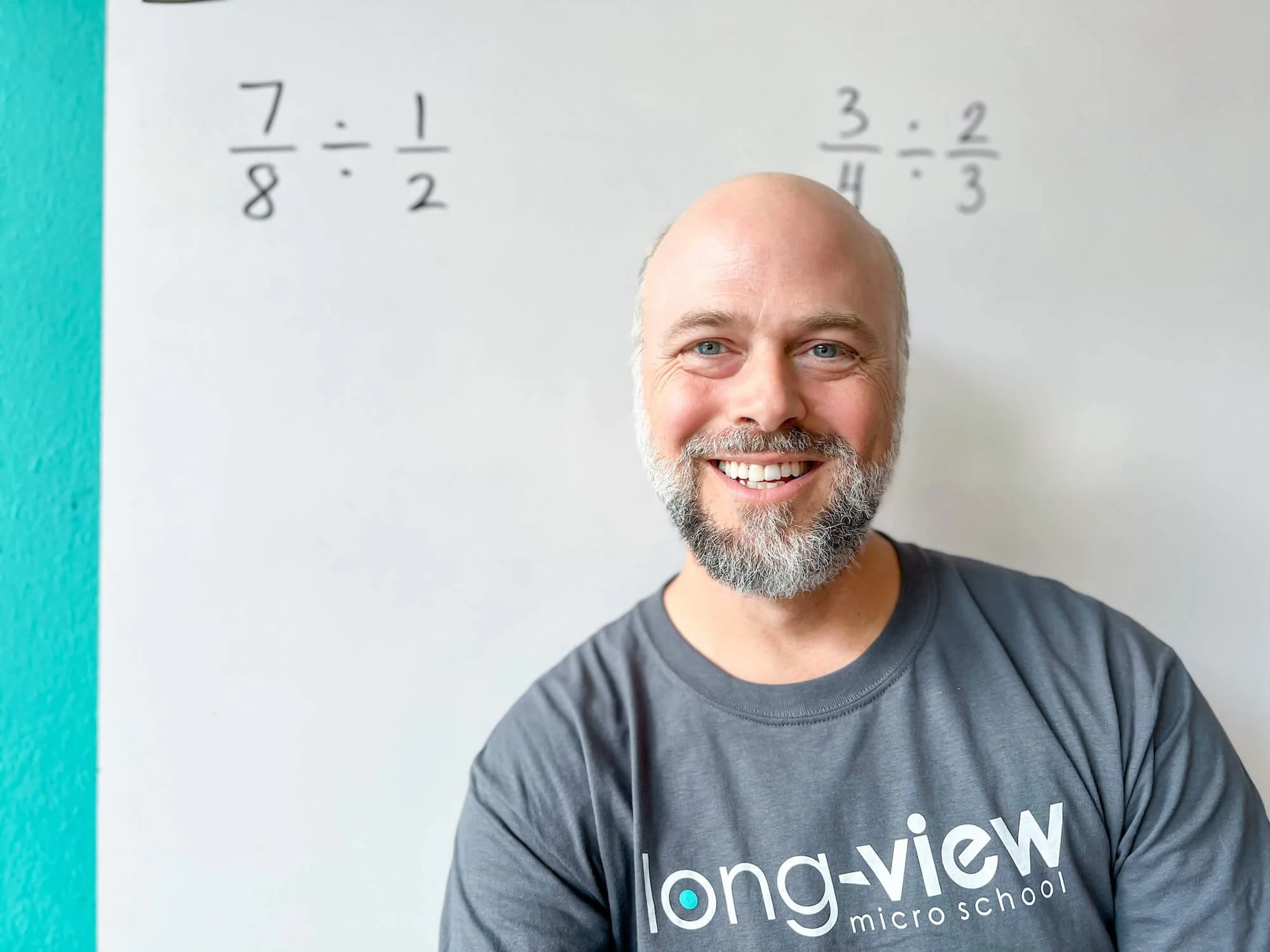
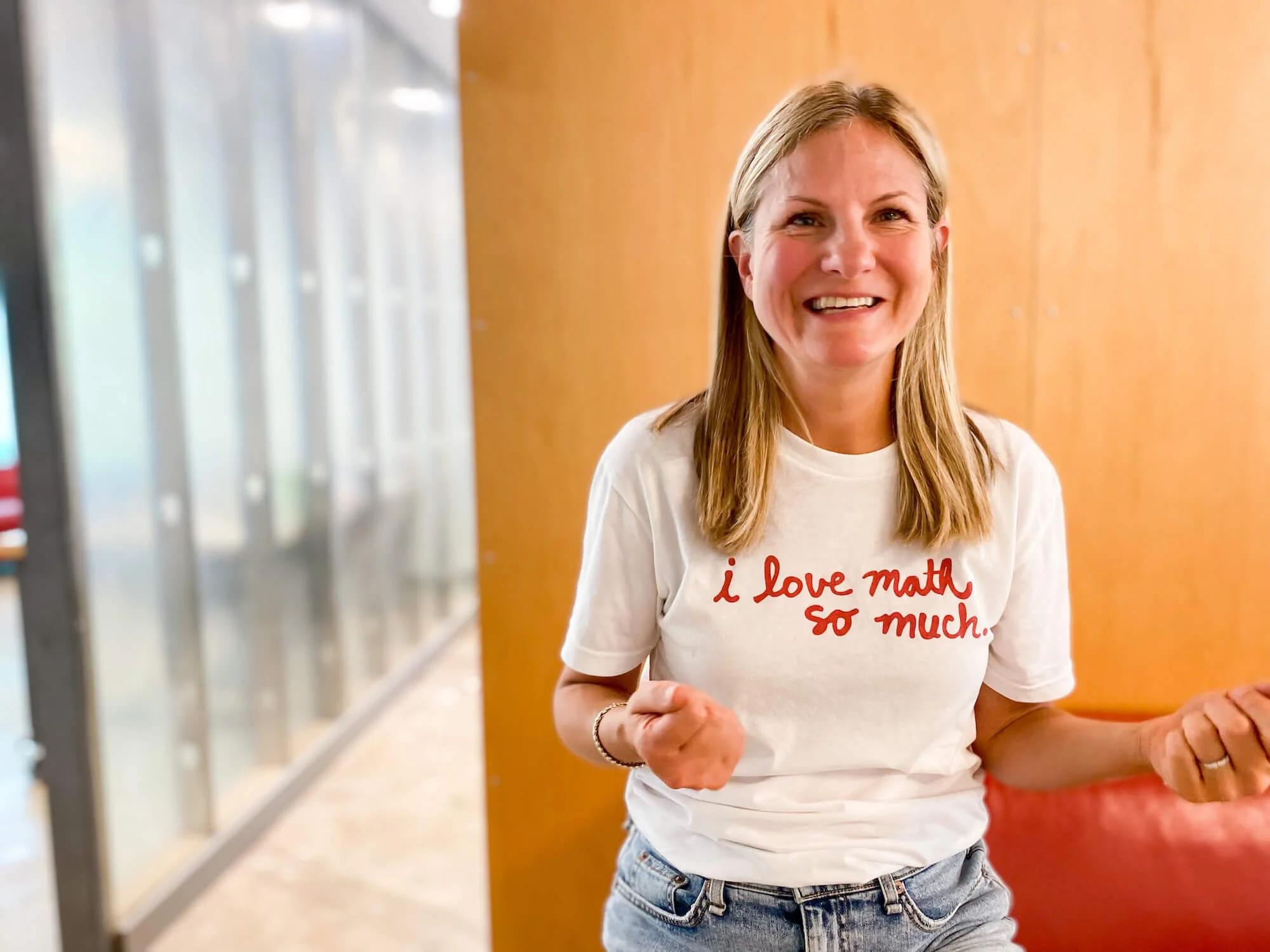
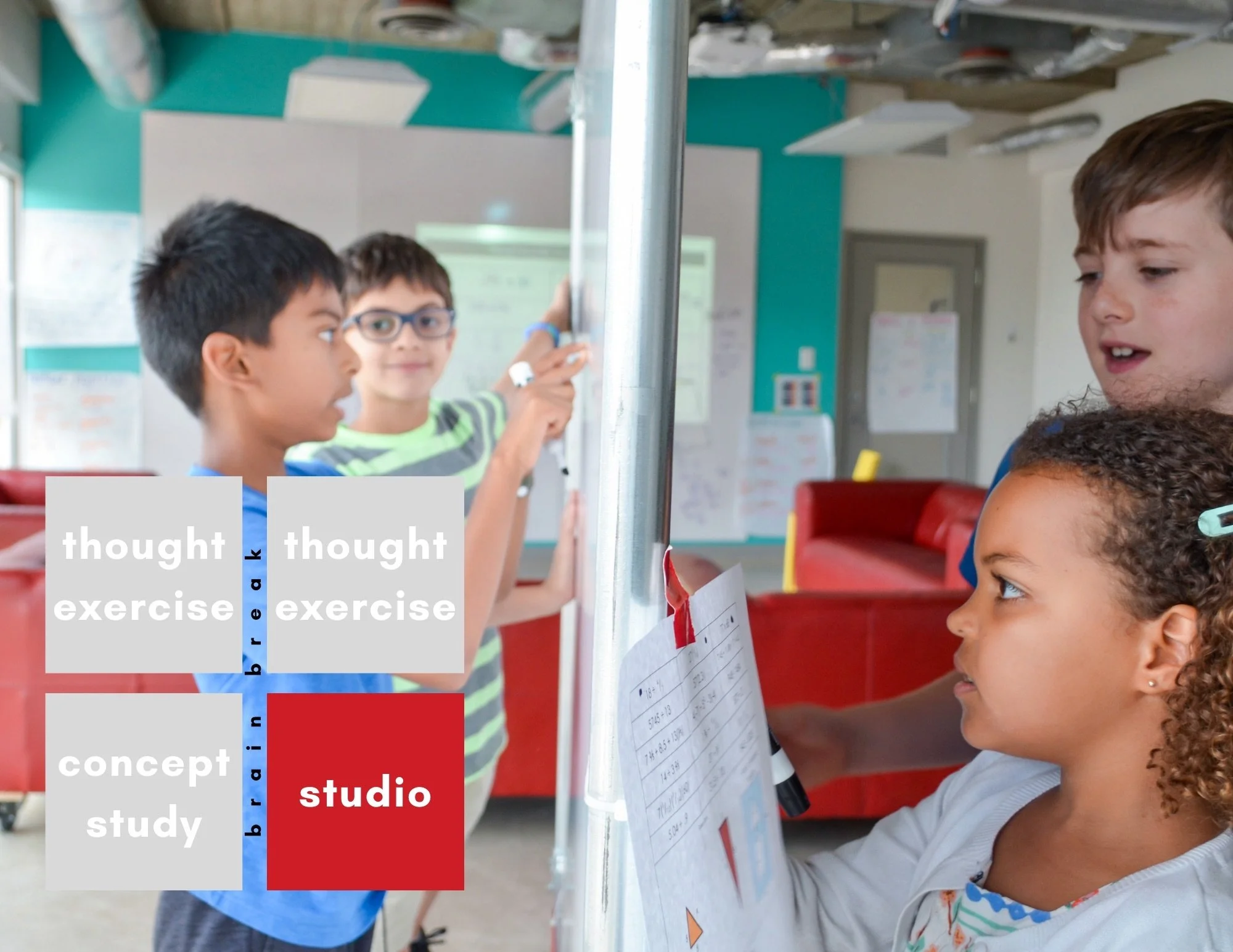

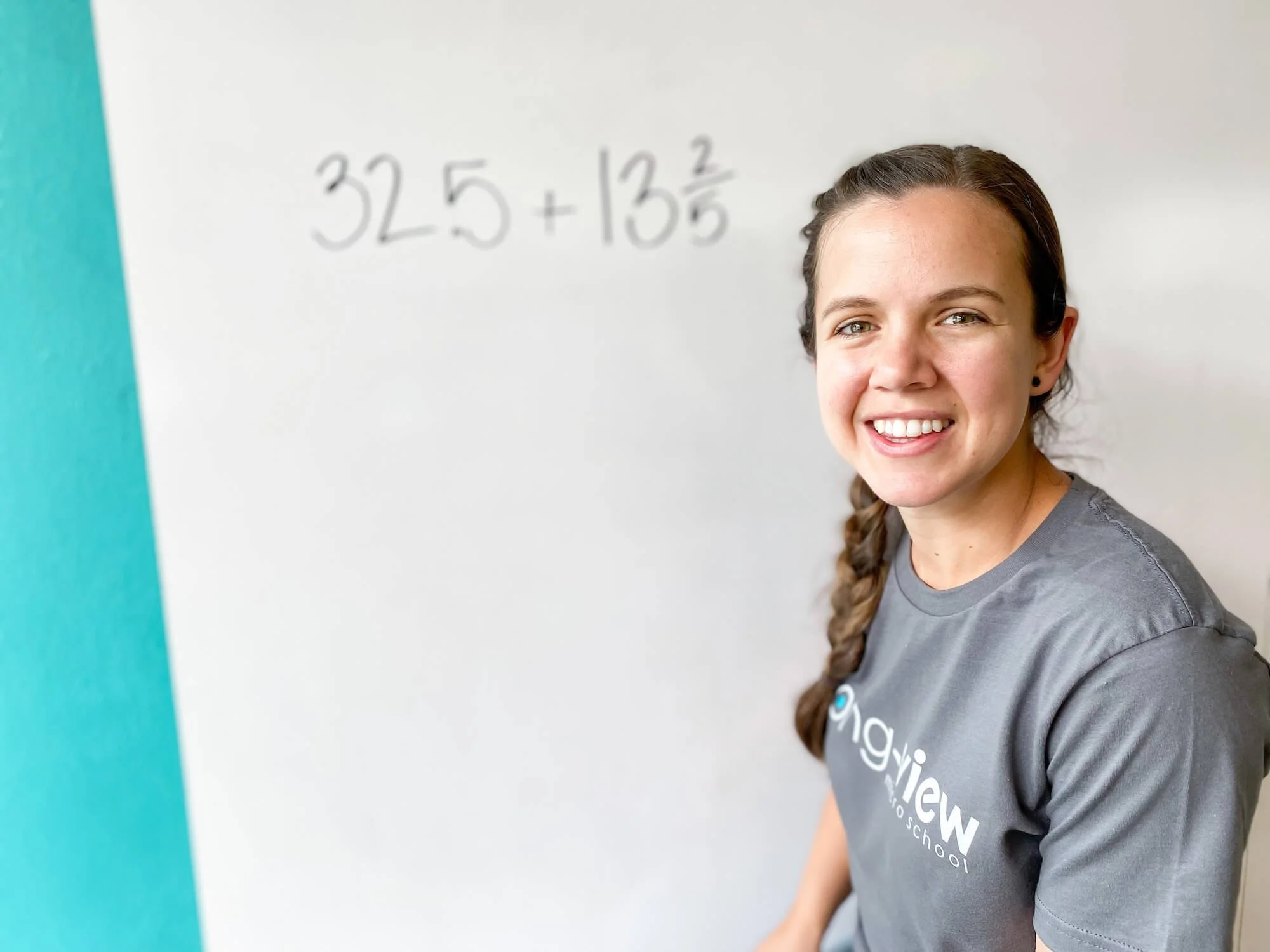
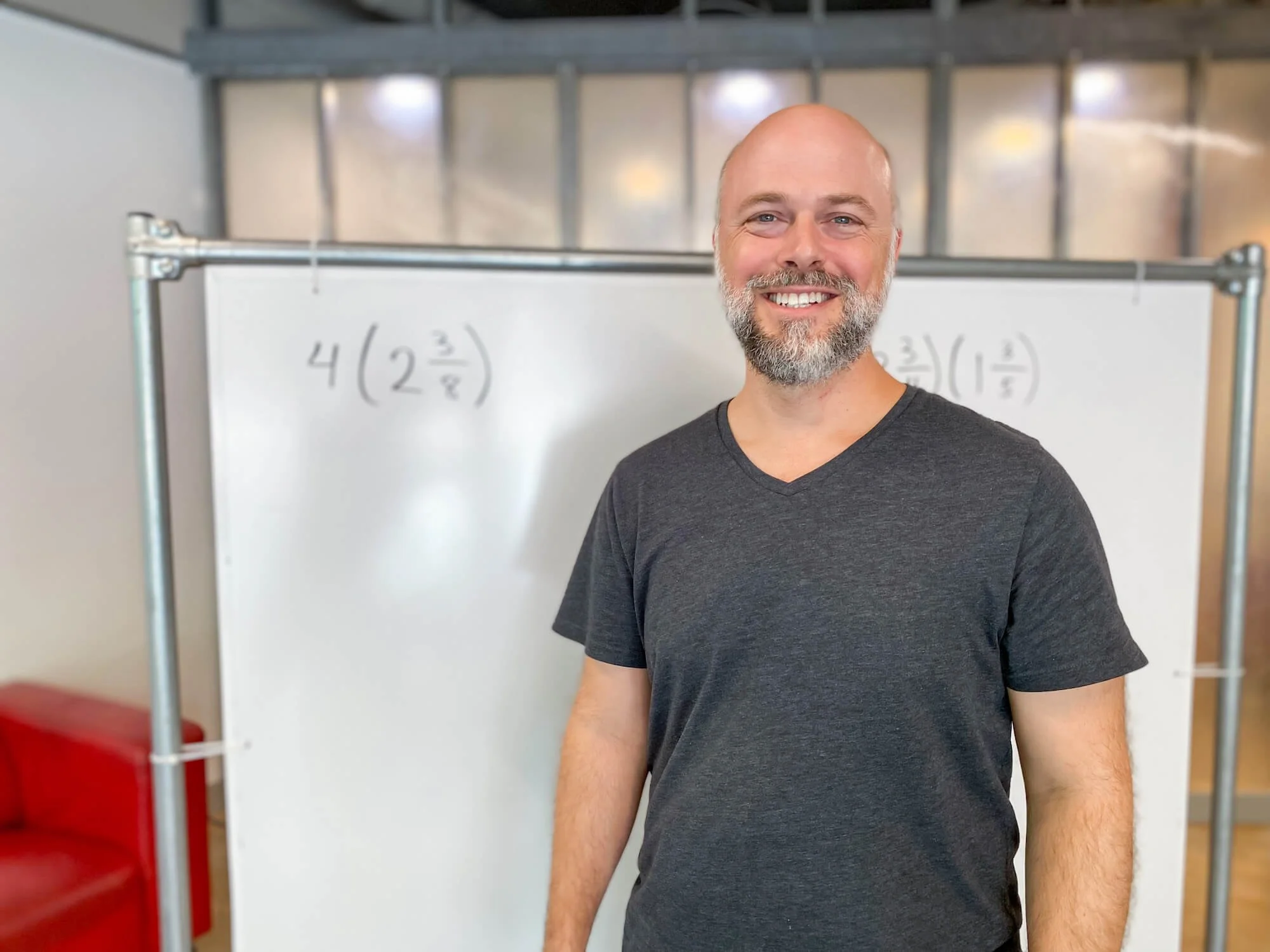
There is a hidden assumption about all numbers. Watch this video first.
There is a hidden assumption about number—we are always counting something. In this video, we help you transform your understanding of the concept of number. This should be the first video you watch.
In the video Different Forms, Still Counting, you can see how fractions and decimals can also be understood as counts. From there, you might be curious how we think about conducting a count, something like 17(5) which we read as "17 of 5" or " 17 fives." Either way, it is count of fives, and we have 17 of them. You may want to watch the video of Eric investigating ways to conduct that count of 17(5).